Cancer-free for intro days: My friends and I had decided to do a one-week raw vegan challenge, and to end off, got our bloodwork done. Their results came back completely normal, but you should have seen mine!
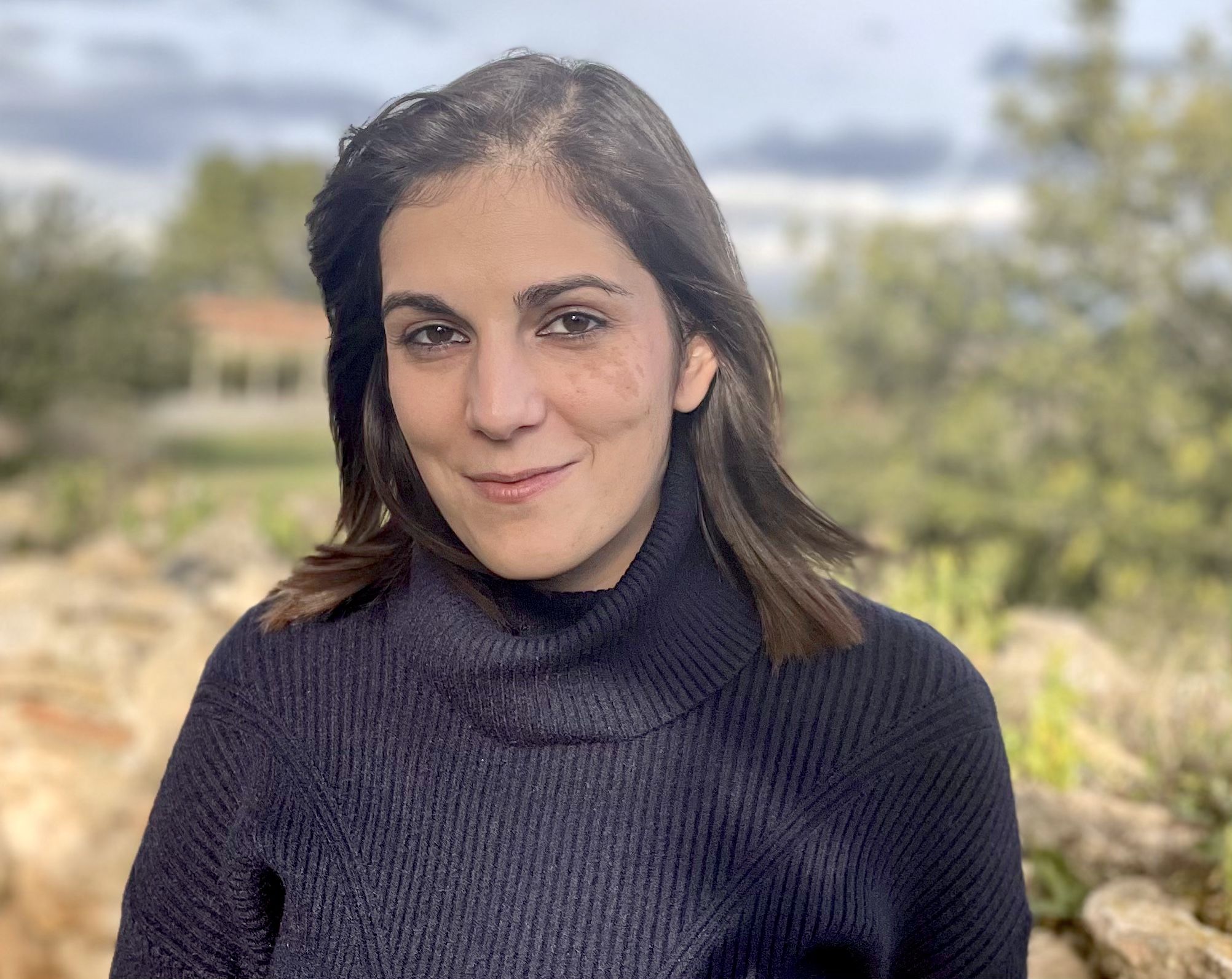
The survival rate was 98 percent, but more than once, CBS student Alicia Carayol Sanchez was fighting for her life after being diagnosed with cancer. She shares what helped her focus on the light at the end of the tunnel when the darkness felt overpowering, and how fighting a deadly disease for over two years has changed her perspective on life and her career.
Less than 24 hours separated the liberating news that Alicia Carayol Sanchez no longer had lymphoma cancer from her visit to campus to join in with the intro days alongside her fellow students.
Only weeks before that moment, she had woken up from the doctor’s fifth attempt to save her life. The treatment, stem cell transplantation, was considered one of her final options to beat an otherwise terminal diagnosis.
Alicia Carayol Sanchez was given opium to cope with the intense pain from the treatment and lay in her hospital bed with 14 kilos of liquid in her body choking her from inside, and with open wounds in her mouth which she explains were “agony in its worst form”.
“On a scale of 1 to 10, the pain exceeded 100. I remember it was the first time I actually contemplated whether it would be better to just let go,” says Alicia Carayol Sanchez.
But by her hospital bed and by her side through all the walks along hospital corridors, she was always accompanied by Marina Nocera – her partner-in-crime and biggest supporter.
“Without Marina and my sister, I’m not sure I would be here today,” she says.
On a scale of 1 to 10, the pain exceeded 100
It was through their love and support that Alicia Carayol Sanchez found the strength to get down on her hands and knees and quietly count along to the push-ups she performed in her all too familiar white hospital gown.
The immunosuppressants she was taking to avoid rejecting the stem cells made her hands and feet feel like they were burning.
“But the push-ups helped me find a different focus. They helped to distract me from the insane pain,” she relates.
Sick for two years before receiving a diagnosis
“On the day my doctor gave me my diagnosis, I felt relieved,” says Alicia Carayol Sanchez, who is born and raised in the Spanish town Valls, an hour south from Barcelona.
For most of us, being diagnosed with cancer is one of our worst fears. This used to be the case for Alicia Carayol Sanchez as well, particularly after her mother passed away 10 days after being diagnosed with cancer in 1999. However, two years of hospital visits, several misdiagnoses and a repeat prescription for iron tablets to cure her terrible symptoms, made her desperate to find out what was causing her health to deteriorate day by day.
I opened my computer and googled survival rate of lymphoma cancer
“I first suspected something must be wrong with my health in 2014, and it’s kind of a funny story actually,” she says with a chuckle.
“My friends and I had decided to do a one-week raw vegan challenge, and to end off, we got our bloodwork done by the doctor to show any impact on our results. Both of my friends’ results came back completely normal, but you should have seen mine! Almost all the parameters were completely off the charts,” she says.
While writing her thesis, although sleeping a minimum of 12 hours every night, she still needed to nap during the day and her lips turned a new shade of purple.
She found herself unable to feel excited and happy about the things in life that were once her favorite pastimes.
“I remember thinking to myself – am I depressed? I contacted a private clinic to get all my tests repeated and, looking back, consider the events of that doctor’s appointment even more shocking today than when it first happened,” she says.
“You have severe anemia and something suspicious on some of your lymph nodes. You need to have another check-up in six months but otherwise I would consider you good to go,” was the doctor’s response to Alicia Carayol Sanchez’ test results.
After returning from an Erasmus trip in Cardiff, Alicia began to feel extremely ill. One night, following a high fever lasting a week, she decided to visit the ER. That was when the doctors’ suspicions were raised.
She was given a large blood transfusion, sent home and asked to take a wide variety of tests the next day.
Alicia Carayol Sanchez was correctly diagnosed by the Spanish public healthcare system in June 2016. According to them, the signs of what was slowly killing her had been apparent for over two years.
98 percent and a mindset to match
That night, after receiving her diagnosis, she found herself doing something she would definitely advise against.
“I opened my computer and googled ‘survival rate of lymphoma cancer’,” she says. It said 98%.
Survival strategy or not, she shares how her confident mindset, determination to keep on enjoying life, and decision to remain hopeful were present already at that point.
“I know that I’m weird, but I am definitely one of those 98% positive people,” Alicia Carayol Sanchez laughs.
The first time I experienced a death scare was during my second course of treatment
After reading the statistical analysis, she closed her computer firmly.
“I’ve got this,” she said, and back then, she was sure she was right.
“Although lymphoma cancer is the most common cancer for our age group, and recovery is supposed to be relatively easy compared to other cancer types, that was not the case for me,” she explains.
Describing the course of her treatment program, she shares how the first complications arose during the second attempt to cure her.
“The first time I experienced a death scare was during my second course of treatment. My magnesium, calcium and potassium levels had sunk so low from the chemotherapy that I almost lost my life,” she explains.
Successful attempt number 5, the stem cell transplantation, was completed with the crucial assistance of her older sister, who also happened to be her legal guardian since the death of their parents. Her dad died in a car accident in 2005.
“She and I were a 50% DNA match, which made the procedure possible. I am beyond thankful for that as well as for her care and complete willingness to help,” Alicia Carayol Sanchez explains with gratitude.
Even with her sister and Marina always close by, the treatment that ultimately saved her life still felt like it was taking it.
“I remember telling my doctor, ‘I feel like I’m dying’ and him replying, ‘You have to understand that’s what we are trying to do. We are basically trying to kill you to encourage your body to create new cells’,” she says.
Alicia Carayol Sanchez began recovering from the fifth, and successful, attempt in June 2018. Two months later, she attended her first CBS intro day.
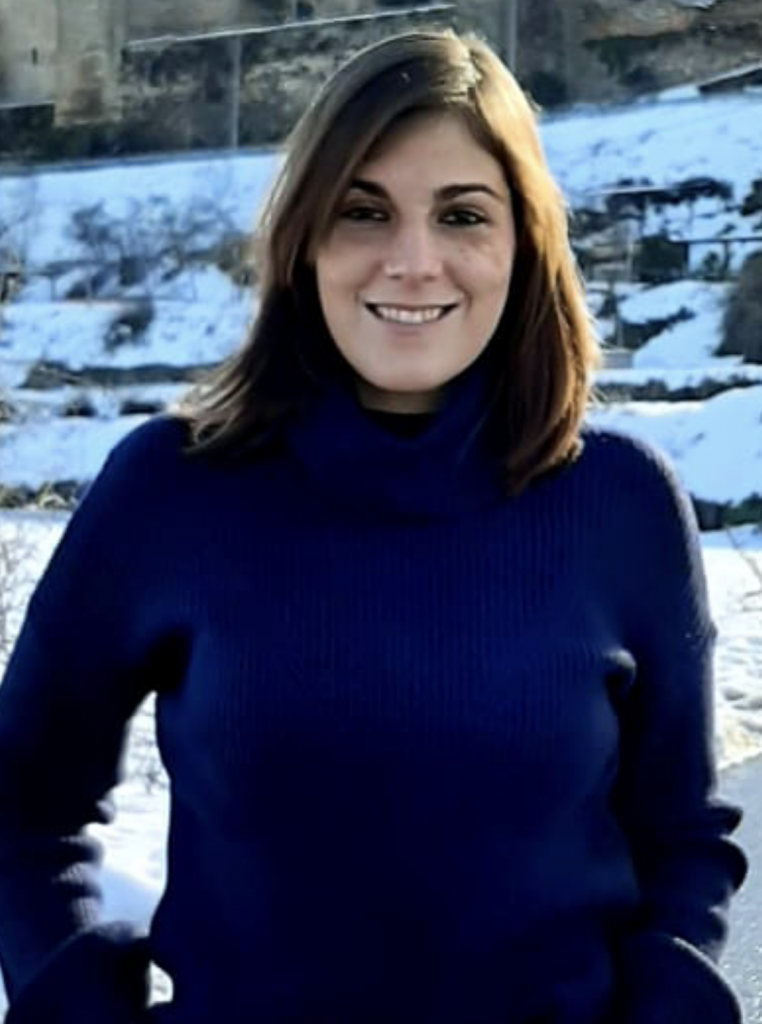
“You know the song ‘It isn’t in my blood’ by Shawn Mendes?,” she says, giggling and singing the line from the song. “That’s exactly how I felt when I jumped on the plane to Copenhagen.”
At that point, she was still taking immunosuppressors to survive, and needed to return to Spain every two weeks for hospital check-ups. She was also battling the feeling that she could not truly relate to any of her peers. Feelings strongly linked to PTSD became more and more prevalent, though she tried to hide them beneath the surface.
“I returned to Spain to fully recover. My dream of visiting Shanghai once more and enjoying my life there had to wait,” she says.
After two years of silver linings, hardship, hope and dedicated work, she is looking ahead.
“Now I am starting to get that tingly feeling of excitement back, you know?” she says smiling brightly.
Make the best of things
“My advice for anyone going through a similar experience to mine, or just a painful time in general, is do not bottle everything up. Sometimes you can find comfort and shared experiences with people you might not, at first, have imagined would be there for you. People who are much older than you are, perhaps, or just seem, at first glance, to be very different from you,” says Alicia Carayol Sanchez.
This mindset ties in with another lesson that having cancer has taught her.
“Don’t expect people to understand what you have been through. Just try to grasp that they can’t understand it and be more accepting of that,” she says as she continues:
“I would also like to share some thoughts I’ve been having for quite some time, as I have noticed that my career hopes have changed dramatically.”
My advice for anyone going through a similar experience to mine, or just a painful time in general, is do not bottle everything up
She believes this piece of advice may be especially beneficial for CBS students.
“Before my diagnosis, I would achieve goals that lacked any specific meaning, just because they were challenging and hard to achieve. Now I feel as if I am turning into a version of myself where that doesn’t feel fulfilling anymore,” Alicia Carayol Sanchez explains, and continues:
“When we plan our lives, we always plan them in their ideal form. My wish for us all is that, when something happens in our life, that we can gather the strength and see the purpose in making something out of what we have been given.
“Instead of being drained by what has been handed to me in life, I feel like it’s time for me to start doing something with it,” she says.
Although she believes we all seek recognition and love in some form, she is sure her future career path will include an element of helping others in need.
Alicia Carayol Sanchez is therefore planning and working towards a career focused on cancer prevention through data science.


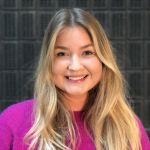
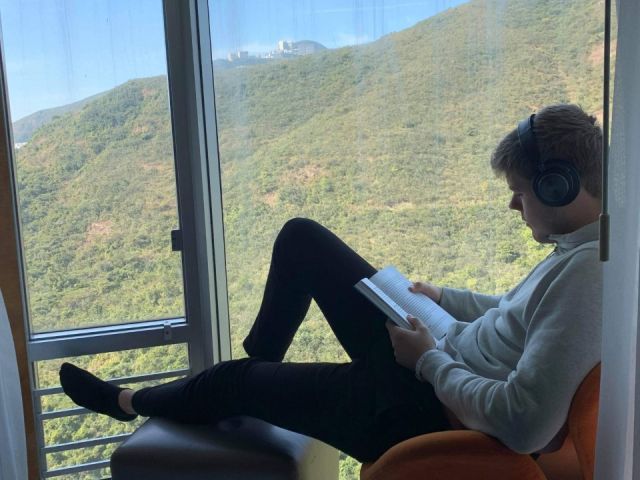
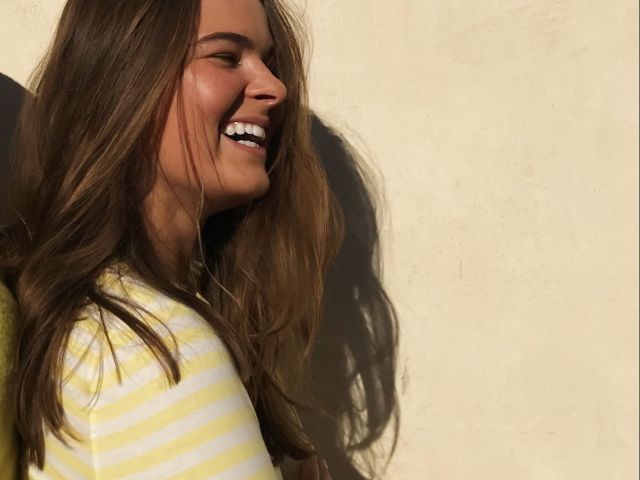
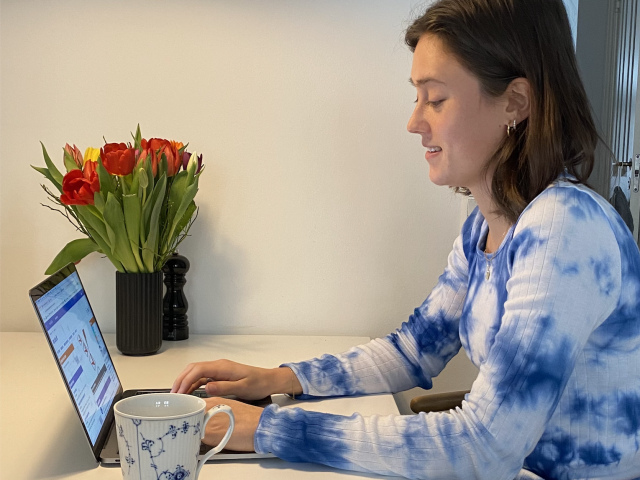
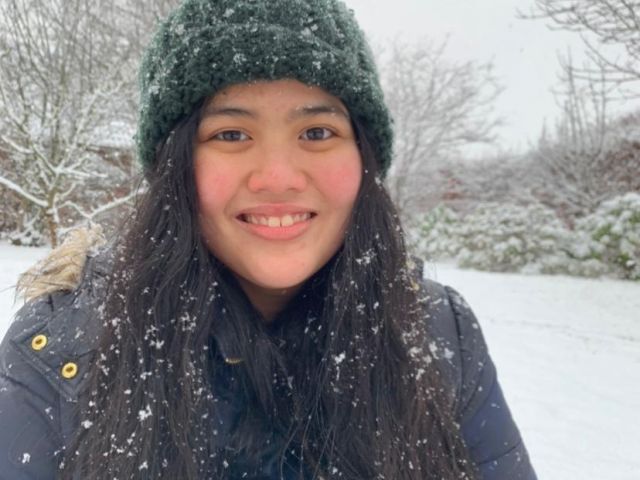




























































































































Comments